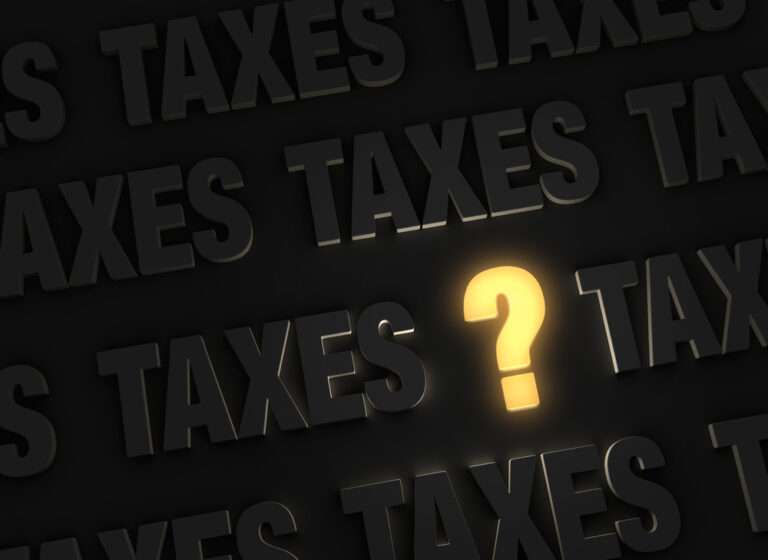Jason Harrison has a post arguing for a specific type of sales tax.
Central to this blueprint was the Destination-Based Cash Flow Tax (DBCFT). It’s a model that grew out of years of academic research and was championed by economists like David Bradford, Alan Auerbach, and Jim Hynes. DBCFT synthesizes decades of debate about optimal taxation, raising substantially the amount of revenue governments deem worthy without compromising business decisions. It incorporates principles that aim to
It’s quite a long article, but it’s one of the clearest explanations of the sales tax rationale I’ve come across. Destination-based cash flow taxes have some interesting features.
However, unlike VAT, DBCFT reduces labor costs through wage deductions, effectively acting like a subsidy on wages at the tax rate. This means that whereas VAT taxes all consumption, DBCFT primarily taxes existing wealth (wealth accumulated before the reform that already faces income tax) and non-wage sources, such as above-normal investment returns. This means taxing only consumption that is sourced from.
In conclusion, he explains that the DBCFT is actually a wealth tax.
A fun piece of trivia at the end of the last section is that a cash flow tax can be considered a tax on “existing wealth.” In fact, if you immerse yourself in the world of consumption tax, you will find strange equivalences and similarities like this. Well, a lot of things become “obvious” (like payroll taxes) when you consider the exact definition of consumption, so it’s not that strange to me. But the really important thing to note is that, strictly speaking, everything is a sales tax. In an infinite time horizon, everything has to be consumed eventually, right? Wealth is the present value of all future consumption, whether by you, your heirs, or the person to whom you donate it. It’s just that. Therefore, a sales tax is effectively a one-time tax on wealth measured in present value. (In contrast, real-world wealth taxes impose periodic levies, so their effects on deferred consumption and immediate consumption are fundamentally different.)
A common myth is that wealth taxes are good because they “fall on the rich,” and consumption taxes are bad because they fall more heavily on the poor. However, this is both a wealth tax and a consumption tax. Harrison points out that this means DBCFT could be attractive to both progressives and conservatives.
Harrison finds another fascinating symmetry in the way DBCFT handles border adjustments. Imported goods are taxed, but exported goods are not taxed. That sounds like a mercantilist’s dream, right? In fact, that combination of taxes and subsidies amounts to complete free trade.
When import taxes and export rebates are applied at the same time, they interact through exchange rates. Import taxes reduce the demand for foreign currency, while export rebates increase the demand for US dollars. These forces reinforce each other, leading to a stronger dollar that neutralizes the effects of both corrections. For example, if an export rebate lowers foreign prices by 20% and an import tax increases domestic prices by 20%, a stronger dollar cancels out these changes. As a result, trade flows, consumption patterns, and production decisions are largely unaffected.
It would also eliminate many of the distortions under the current policy regime.
Under the border adjustment regime, there is no tax benefit to manipulating export or import prices as border adjustments continue to apply to transactions.
Additionally, border adjustments remove the incentive to move production to lower-tax jurisdictions.
Cash flow taxes are very attractive because they eliminate many of the complexities of current tax law, such as depreciation schedules. Of course, no tax system is perfect, but DBCFT seems to have found a sweet spot that appeals to progressives, conservatives, mercantilists, free traders, and fans of tax simplification. There are not many other proposals that have the potential to garner such widespread support.
Please read the whole thing.


